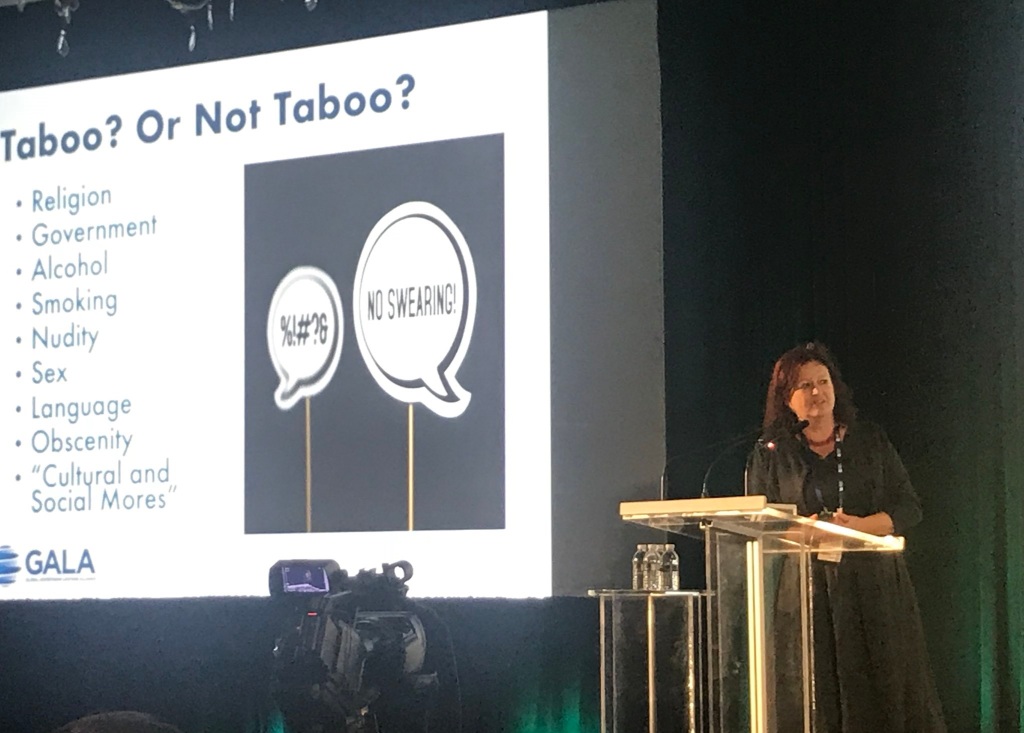
Defamation in the UAE is a criminal rather than a civil matter and the burden of proof is on the defendant. So be aware of the risks when you post online (image source: http://www.turbosquid.com).
After the outcry surrounding the arrest of the videographer who filmed an alleged assault in the street this week I thought it best to recap what defamation in the UAE covers and how to ensure that you don’t get into issues when creating and uploading content to the web.
Defamation in the UAE is different to most European jurisdictions in that defamation is a criminal rather than a civil matter. Raising a defamation case in the UAE is easy to do (actually, it’s much easier to do here than in other Gulf states including Saudi Arabia) and there’s no distinction between public forums and being online. The basics, as noted by Adil Khan in a post for sovedo.com, are below.
- It is publicly forbidden to take a picture of another person without their permission.
- Verbal abuses or gestures (even without the presence of a witness) can also lead to a fine and/or sentence.
- Defamation via libel (written) or slander (spoken) is dealt by a criminal court as opposed to a civil court, where punishments would only include a monetary fine.
The burden of proof is on the defendant to show that the allegations are false. Similarly, truth isn’t an absolute defense if the comment or content has proved to be damaging to the reputation of the person or organization who/which claims to have been defamed.
The issue of defamation gets even more complicated when it comes to social media. Blogger extraordinaire Alexander McNabb covered a case back of May of a University Lecturer who’d been charged of defamation for writing a blog about his experience with a previous employer. All social media channels are considered to be public forums, regardless of where those forums are hosted. Social media channels are considered to be prominent public forums and even those people posting anonymously can be prosecuted.
Two legal counsels from law firm Clyde and Co., Rebecca Kelly and Sharon Procter, have published one piece on AMEinfo that is worth a read both for individuals and their employers when it comes to social media and defamation in the UAE.
Probably, the best piece of advice is play it safe if you’re not sure whether your comments could be construed as defamation or not. And if you’re still unsure, remember the penalty for being convicted of defamation can be up to two years in prison and a fine of as much as Dh20,000 (US$5,444). So post in haste, repent at leisure.


